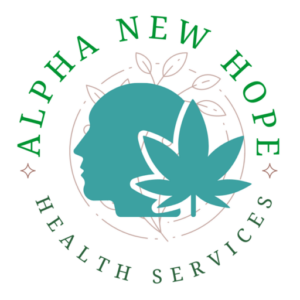Suboxone Treatment



About Suboxone
What Is Suboxone
Suboxone is not a cure for opioid addiction. It should be used as a component of another form of treatment, such as inpatient or outpatient addiction treatment programs that focus on the underlying causes of addiction and reduce the risk of relapse.
How Does It Work?
The most common side effects of Suboxone are:
• Headache.
• Cravings.
• Nausea.
• Fever.
• Insomnia.
• Sweating.
• Abdominal pain.
• Back pain.
• Constipation.
• Irritability.
• Anxiety and/or depression.
These effects usually occur at the beginning of treatment and may last a few weeks.
Effects for Pregnant Women and Newborns
Dosage Information
Suboxone Treatment
Introduction Phase
If a person takes Suboxone before entering the early stages of withdrawal or has other opioids in their system, the medication can cause acute feelings of withdrawal.
Stabilization Phase
Maintenance Phase
Under the direction of your physician, you will continue to take medication as prescribed and seek counseling or other forms of behavioral therapy. 4Once stabilized, you can also begin a medically supervised withdrawal from Suboxone, slowly tapering off the drug to make the transition smoother and reduce the likelihood of relapse.
Recovery
Ongoing participation with other forms of outpatient therapy may also be beneficial. This can include 12-step programs and individual or group therapy.
As mentioned earlier, the recovery duration will vary and can be adjusted up or down based on the person’s needs. The latter 2 stages – medical maintenance and long-term recovery – will be the longest and, in some cases, may persist indefinitely.Long-Term Effects of Suboxone
Suboxone is an opioid, and misuse can lead to dependence. You can also build a tolerance to it, which means you will need higher doses to achieve the desired effects.
What Happens If I Overdose?
Contact 911 or your local poison control center (1-800-222-1222) if you suspect an overdose of Suboxone.
Possible signs of an overdose include:
- Pinpoint pupils.
- Extreme drowsiness.
- Blurred vision.
- Slowed breathing or respiratory depression.
Consult your physician before you stop taking Suboxone. Suddenly stopping the use of this mediation can result in severe withdrawal symptoms.
Suboxone vs. Methadone Treatment
Several studies have researched the differences between Suboxone and methadone treatment. Studies have shown that the medications are equally effective in treating opioid addiction. 1
However, some studies have demonstrated that Suboxone is a more cost-effective treatment option. Suboxone has a lower rate of dependence and overdose when compared to methadone. Relapse rates tend to be higher in those under methadone treatment, according to one study.5
Switching from methadone treatment to Suboxone is possible. However, since the medications work differently, people may not be satisfied with the results. In addition, those with more severe opioid dependence may be more successful with methadone treatment.1
Always discuss your treatment options with your doctor.
If you do not have insurance, call the Substance Abuse and Mental Health Services Administration’s (SAMHSA) national helpline at 1-800-662-HELP (4357).
